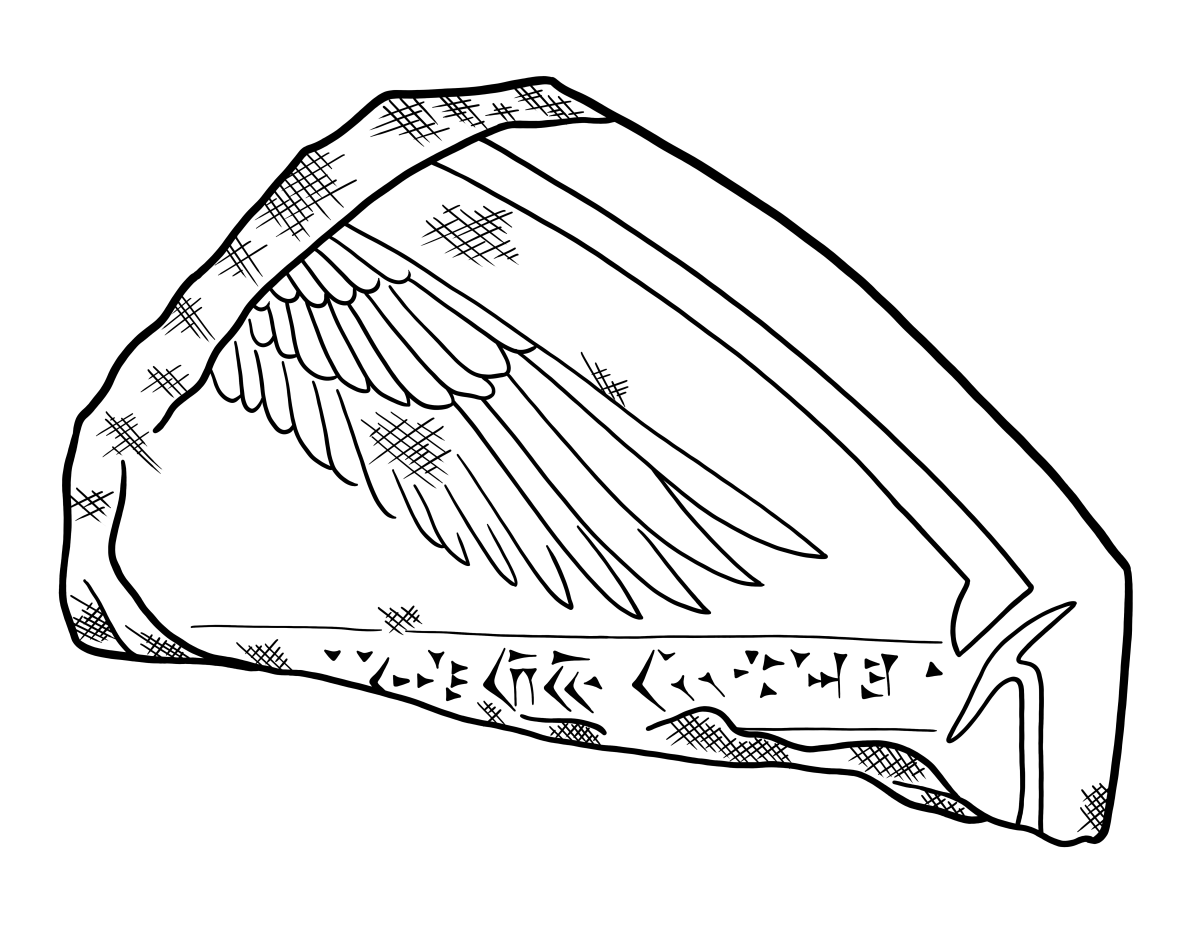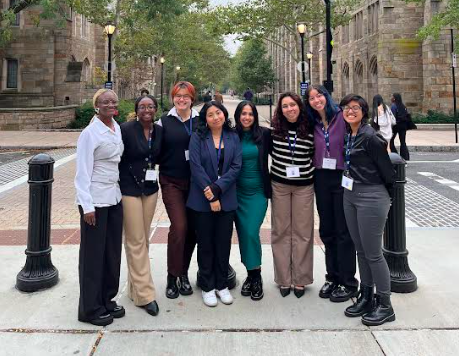April showers bring May flowers, as well as the deadline for completed senior theses. For many, the completion of a thesis represents the culmination of hundreds of hours of research and work in an area of interest to the author. Patrizia Troccoli ‘22 did her research for her thesis with the political science department at Wellesley and Alex Martinez Lopez ‘22 did her thesis research through Washington University’s medical school.
The Wellesley News (TWN): What is the title and main topic of your thesis?
Troccoli: “When Democracy Bites: Violent Repression in Colombia and Venezuela.” I discussed two cases where I argue that the same phenomenon was ongoing, that this strategic calculation allowed for states to feel comfortable employing repression.
Martinez-Lopez: “Characterization of Meningeal B Cells in a Murine Model of Multiple Sclerosis.” My thesis is focused on characterizing immune cell clusters. And by characterizing, I mean trying to determine when they’re most optimal during the disease progression of our mice, seeing how they’re correlated to other features of multiple sclerosis, like demyelination and ultimately all to better model multiple sclerosis and mice and hopefully use them for the development of therapeutics.
TWN: What was the most interesting finding or application of your thesis?
Troccoli: One thing that I found during my research was that a lot of the explanations for why violent repression happened were systematic. There’s a lot of impunity, or that there is criminal violence in general, or that there’s a culture that gives a lot of weight or importance to the military. And all of those things are absolutely true about Venezuela, Colombia, and many of the cases that I looked at, […] but they didn’t explain the timing, or the intensity of the repression. I thought to myself, why do these incidents happen? Why do governments sometimes decide to repress so violently? Why do they employ certain tactics in some situations?
I tried to look at the incentives for [violence], if you would be penalized in some ways, electorally if actually there was greater danger that somebody would step in and take power if you did that or how much of a threat the protesters are considered to be. I analyzed all those factors and came up with an explanation that I think can, in some ways, predict when repression is going to be violent.
Martinez-Lopez: My thesis was a characterization project, so [it] wasn’t necessarily hypothesis-driven. But we can model features of multiple sclerosis in mice, and that these models may be similar to what we actually see in humans. It’s a one-of-a-kind model. One of the key biological or physiological features of a specific type of multiple sclerosis [MS]. MS is the aggregation of immune cells in the meninges, which is this tissue that encapsulates the brain and the spinal cord. So typically, in healthy patients, you don’t see that, but in some multiple sclerosis patients, you see that, so my lab was able to model these lymphocyte aggregates, these immune cell aggregates in the meninges of mice.
TWN: What academic experience has working on your thesis given you?
Troccoli: I had an opportunity to examine a lot of historical documents, but also just theorize and see where they fit. I interviewed a lot of people. And I think interviewing is way harder than it seems, especially because you’re speaking to people who have a government position or you’re trying really hard not to offend them by saying, ‘Oh, you made a bad decision’ or ‘you did something that put a lot of people in danger.’
Martinez-Lopez: I joined the lab [at Washington University] the summer after my sophomore year, right at the peak of COVID. So I joined the lab virtually, and I spent a lot of time reading literature, analyzing data and just getting to know the type of work that the lab was doing. And then I continued to do a bit of work that I could do virtually during my junior year. Towards the end of my junior year, I thought, okay, if I get to be in person in St. Louis this summer, I think I could use a lot of that data for a future thesis.I went to St. Louis this past summer, and I was there for 10 weeks, and I got to collect a lot of data. Since I was already familiar with so many things, it was great, because I just got there and it was time to be hands on.”







